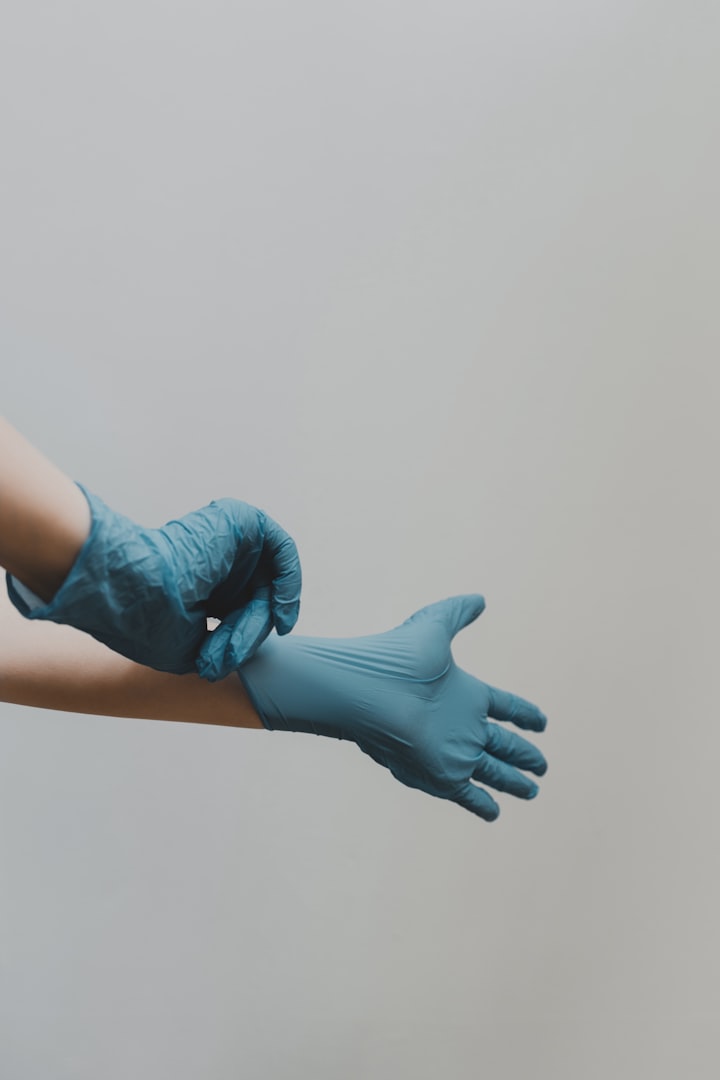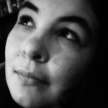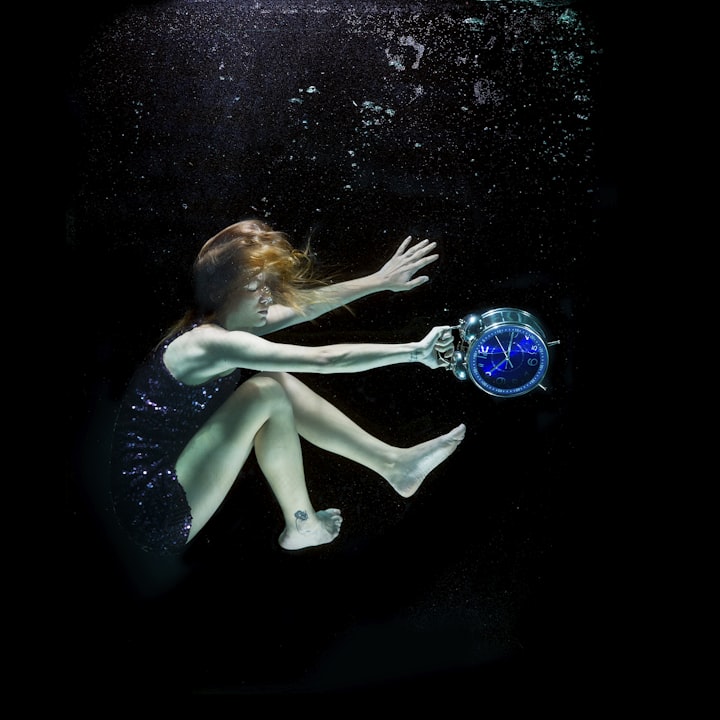The Nameless Child Who Changed Me
20 Seconds Affected More Than 20 Years

A three-year-old I never knew changed how I interact with the world.
Part 1
When I was barely a teenager, I told a truth about a man who had done terrible things–to me and to others. There was no way for me to imagine all that would happen next. Police. A lengthy legal case. Therapy. Corroding coping mechanisms.
But what I truly never prepared for was the invasive medical exam that followed–a pointless procedure that made zero impact on the eventual verdict.
The bright, vacant waiting room was cramped with uncomfortable furniture, and the actual procedure room was sterile and cold. The medical team’s specialty was examining children; I was an elder compared to their typical victim.
For an hour, I was poked and prodded with cold metal instruments, repositioned by cold, gloved hands, and posed for invasive pictures. In retrospect, I have no hard feelings against the staff; they did their job well, and they tried to be compassionate. I honestly can’t imagine how they can complete 30 or 40 exams a week without collapsing into sobbing shambles.
For me, the lingo was worse than the actual exam. I was old enough to know the body parts, but many of their patients were not, so they used more child-friendly language. As they informed me of each intrusive step, they used two terms: “top bottom” and “bottom bottom”.
Once I understood the meaning of those sterilized terms for my most private, vulnerable areas, I immediately felt annoyed and coddled, as if I was being “talked down to” by people who would know me more intimately than perhaps anyone else in my life–before or after. They used those terms dozens of times, and I became progressively more irritated as the exam continued.
By the time it was over, I felt more violated than I ever had. I sat in the waiting room with my parent for another 10 minutes while the staff finished the paperwork and double-checked the results. My nerves vibrated, and I still felt the gloves on my skin, but I wore the familiar facade and pushed it down. Adults expected me to be strong, resilient, and I expected it of myself.
That event gave me nightmares for weeks, but I’ve never cried about it. Not in the office. Not when I arrived home. Not when I discussed it in therapy. It’s just something that happened, an unavoidable part of the unjust, barbaric process; it is just the price for speaking truths.
But as I was awaiting permission to flee, the next patient arrived.
She was a dark-skinned, young girl with half a dozen braids tied off with multicolored ponytail holders with plastic balls at the end. She never entirely turned around. I saw the right side of her face as she passed, but for the few moments we spent in each other’s lives, I spent most of it staring at those elastic hair ties.
To preserve anonymity and confidentiality, I suspect there was only supposed to be one patient at a time. I was late, she was early, and our paths crossed for no reason other than the universe aligned to make it so.
The receptionist didn’t ask for her name, but she asked other questions, and I learned two pieces of information that I’ll never forget: she was three years old, and the polite, tired woman with her was her social worker.
And everything that implied hit me at once. She wasn’t with her family, and she wasn’t even escorted by a foster parent. I suspected she hadn’t been in the system for long, probably still between placements. This skinny child, who had to stand on tiptoe to see over the Formica counter, had been sexually assaulted and had no support system.
She would go through what I just went through. They would use those words with her. They would move her and look at her, and put things inside her that should never be inside a child.
She was about to have one of the worst experiences of her life, and she had no idea.
I wanted to leap over the tacky chairs, pick her up, and run out the door–away from this awful place–away from the harrowing future for which no one could prepare her.
I wanted to scream at the adults that they were inhumane culprits in this preschooler’s trauma.
I wanted to hold her and never let go.
But even if I had been capable of doing any of those things, I didn’t have time. Within seconds of answering questions, the social worker led the child down the narrow hallway and into the room of horrors.
I never heard her name nor her voice, and if I saw her today, I’d pass her without a thought. That child was in my life for maybe 20 seconds. but something changed in my core; something broke, something impossible to repair.
I never cried over the exam, but I have absolutely cried for that child. For the life that had already been too cruel. For her knowledge decades beyond her age. For everything that came before and after that exam. For everything that happened during.
I sincerely hope that she was too young to develop memories, that the awful hour that followed was only traumatizing in the moment. I hope that she doesn’t remember me or anything else about that day.
But I remember her.
She was in my nightmares years after the speculums and colposcopes vanished.
Part 2
As my life unraveled, and then steadied, I was determined to prove I could do anything. I planned to attend an elite university, completely paid for by athletic and merit-based scholarships. I would graduate with a 4.0 GPA, go to a top medical school, and become a world-renowned surgeon, or perhaps law school to become a respected prosecutor and judge. I would be nauseatingly rich with an enormous, remodeled house, a diverse stock portfolio, and a ridiculous retirement account. I’d have a spouse, maybe a child, and annual, slide projector-worthy vacations.
Financial freedom, respect, and recognition. I planned to have the best to prove that I was the best, damaged or not.
But every few months, those braids would reappear in my mind. Her tiny fingertips on the counter. The adults speaking about her as if she wasn’t there. Her walking down the hallway next to a stranger.
A 20-second clip looped dozens of times while I sat silently, thinking about all the feelings I had experienced in those moments, all the things I had wanted to do, and all the things from which I could never save her. I wondered if she understood what was happening or why. I imagined her screaming, and crying, and being held by a woman she barely knew.
And as those terrible minutes stretched into hours, I thought about how no amount of money could restore that child’s innocence. No amount of recognition would fix in me what her presence broke.
Later, when I was 15, I was at the river with a friend’s family when her five-year-old brother removed his inflatable armbands, and the current swept him too far from shore. I was the only person who could swim, and I ran without thinking, wrapped my arm around him, and returned us to the littered sand. I focused entirely on my stroke and grip, but, for just a moment, I saw those braids.
I saved a five-year-old boy while thinking about the three-year-old girl whom I couldn’t–and I kicked harder.
It was long after the event that I realized they were the same age.
None of my teenage dreams materialized. There were no Ivy-league schools nor full scholarships. There were no medical schools, law schools, nor international recognition. There is no mansion, vast stock portfolio, or even financial security. There is no spouse, child, nor elaborate vacations.
Ultimately, I chose a very different path; I chose to help children.
That choice has taken many forms: social work, nonprofit fundraising, and education. I have worked with some of the same kids for years, watching them grow, learn, and heal. I helped fund life-saving programs. I taught kids how to understand people’s pain, even when we disagree with their actions. Would I have made those same choices without seeing that curious child stand on tiptoe? I honestly doubt it.
To be brutally, selfishly frank, even though I'm better for seeing her, I might be happier if our paths had remained uncrossed. Her presence in my thoughts and nightmares reminded me–and still reminds me–of the depth of pain we experience and the brutality we inflict on one another.
I wish with all of my being that that small child had never had to endure that experience, and I hope that she is happy and living the best life she can. I hope she graduated college (if that’s what she wanted), has a job she enjoys, and is surrounded by people who love her. I desperately hope she never thinks of me.
But more than 20 years later, those 20 seconds still pain me, and they force me to try to save others. To understand the incomprehensible. To remember the forgotten. To love the rejected.
In Save the Last Dance (2004), Susan Sarandon’s character says, “We need a witness to our lives…Your life will not go unnoticed because I will notice it. Your life will not go unwitnessed because I will be your witness.”
Being a witness to that sliver of that child’s life changed the course of my own. She will never know the impact she had on me, and yet, she is part of my moral compass, gently guiding me to a kinder place.
About the Creator
Alex Casey
I'm a full-time educator and part-time writer. My best ideas usually end up on Vocal.







Comments
Alex Casey is not accepting comments at the moment
Want to show your support? Send them a one-off tip.